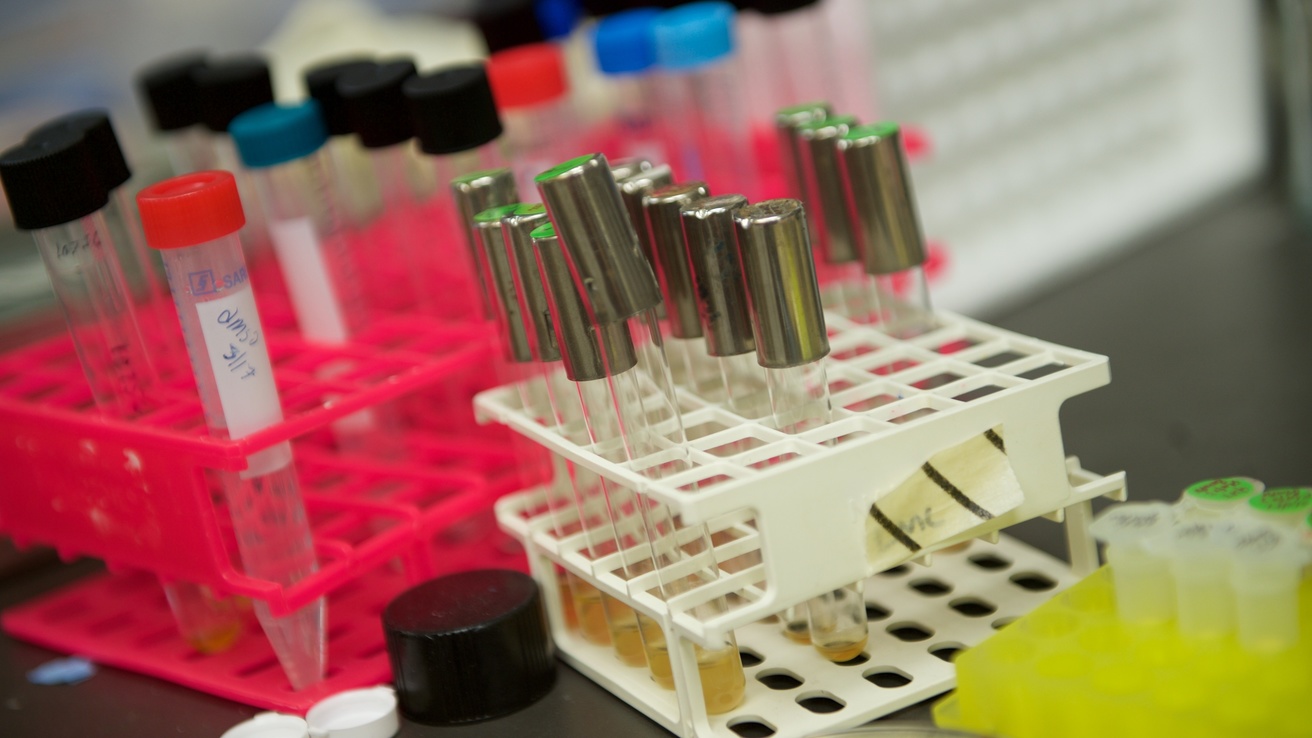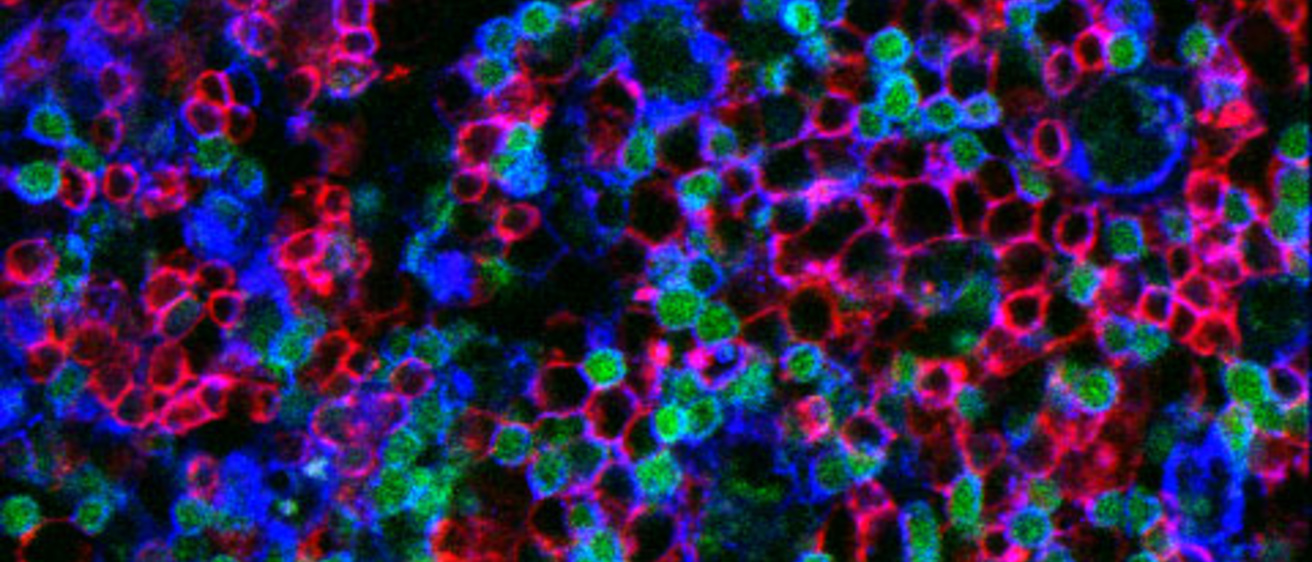Our research is focused on understanding how the function of pathogen-specific B cells and T cells are regulated during infectious disease. Our broader goals are to use this information to identify and develop new strategies to improve immunity against globally important diseases like malaria and other microbial infections.
To achieve our goals, we are performing experiments designed to elucidate the molecular and transcriptional mechanisms that determine how infection, inflammation and immunotherapy regulate the formation of long-lived, pathogen-specific memory T cell and B cell subsets.
As part of our efforts, we also perform comprehensive, comparative studies using models of vaccination, bacterial and viral infection, and we investigate host immunity using related eukaryotic pathogens.
OUR TEAM

Our Research
Although our projects are largely focused on the study of innate and adaptive immune cells that orchestrate immunity against Plasmodium infection and malarial disease, our experiments are directly relevant to chronic inflammatory pathologies caused by other eukaryotic pathogens, viruses, and bacteria, and specific cancerous tumors. Our overarching goals are to define key molecular pathways that regulate the activity of T and B lymphocytes responding to medically relevant immunological insults.
Featured Project
Development and Function of Plasmodium-specific memory CD4 T cells:
Sterilizing immunity against Plasmodium rarely develops in humans, even following repeated parasite exposure. We are testing the hypothesis that Plasmodium-specific memory CD4 T cell responses are functionally deficient, thus explaining weak and short-lived cellular and antibody immunity against this infection. Resolving bystander from bona fide Plasmodium-specific memory CD4 T cells remains a significant technical hurdle to studying immune memory and protection against malaria. Our lab has developed and is applying new methods and powerful immunologic, genetic, and biochemical approaches to ‘see’ and study Plasmodium-specific memory CD4 T cell populations. These approaches position us to directly test our hypotheses about the induction, regulation, maintenance, and function of parasite-specific effector and memory CD4 T cell populations.

